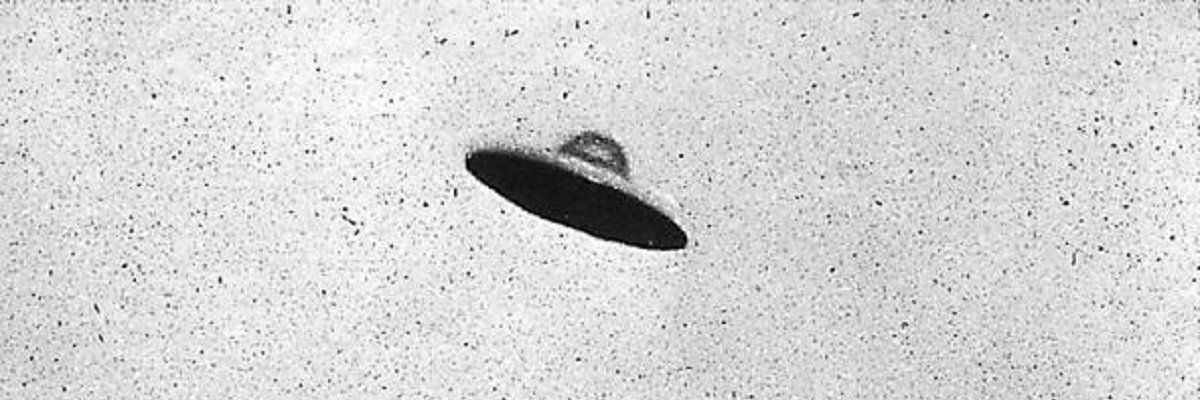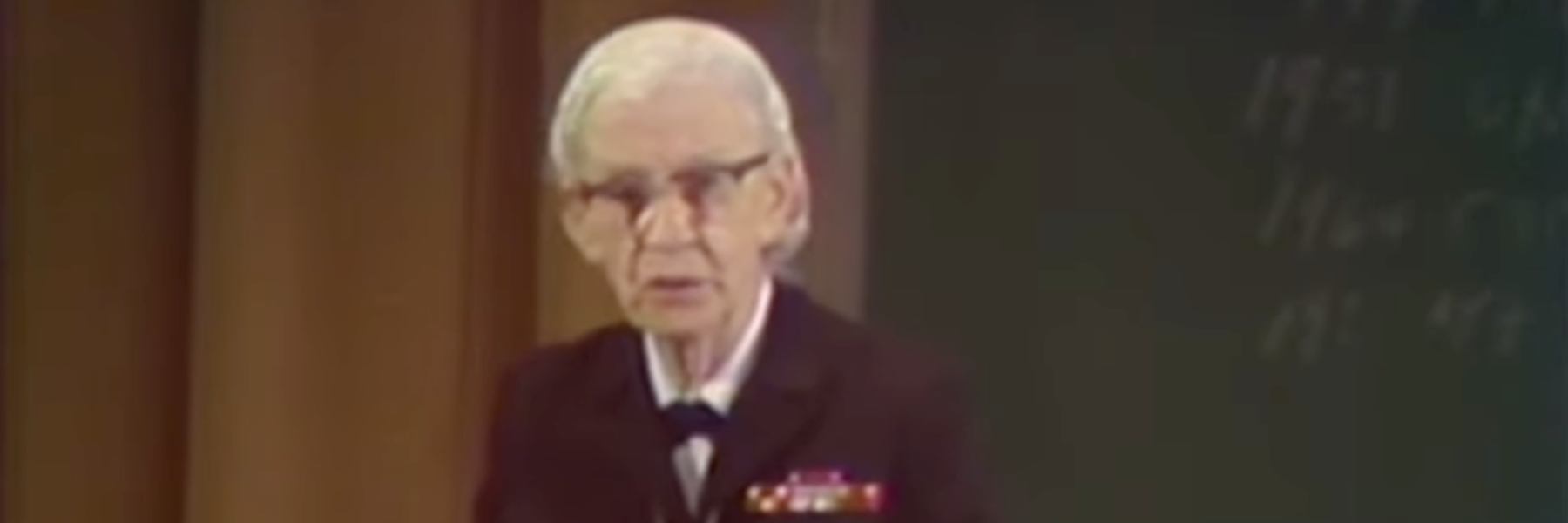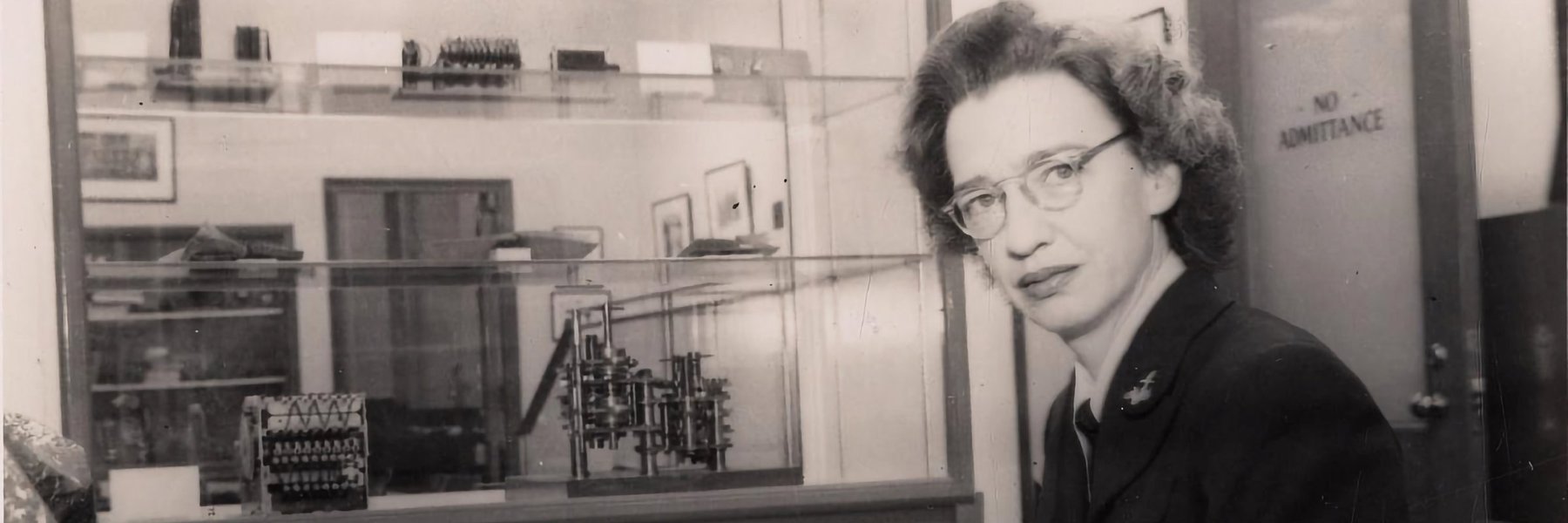Sixty-six years ago this week, witnesses saw a flying saucer fall from the sky onto a ranch in Roswell, New Mexico. UFO researchers have never been satisfied with the official explanation that the mysterious disc was a weather balloon, and our Freedom of Information Act is, surprisingly, better off for it.
The idea that alien bodies were recovered from a spacecraft at Roswell strikes most as unlikely at best — but several court cases outlined by The Week have established that no matter what you’re asking for, the government must actually do a search.
One example is a 1977 case by Ground Saucer Watch against the Central Intelligence Agency, which the Agency details on its own site as having began as the group asking for all UFO records in its possession.

“Despite an Agency-wide unsympathetic attitude toward the suit, Agency officials, led by Launie Ziebell from the Office of General Counsel, conducted a thorough search for records pertaining to UFOs,” their report states. “Persistent, demanding, and even threatening at times, Ziebell and his group scoured the Agency. They even turned up an old UFO file under a secretary’s desk.”
The CIA ended up with 355 documents, withholding 57 under security exemptions. More importantly, the case established a precedent that government agencies must perform a reasonable search for adequately described documents.
The National Aeronautics and Space Administration has also been called to task. In a 2007 court case, a FOIA requester asking for documents relating to, among other incidents, Project Moondust, alleged the agency did not perform a thorough search.
The court agreed, and by doing so gave more muscle to what should be considered an adequate search under FOIA.
While UFO researchers may never find the documents they’re looking for, their persistence means no request can be considered too out of this world to take seriously.
Image via Wikimedia Commons




